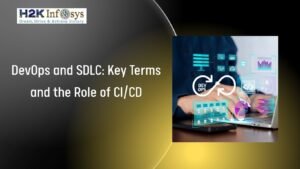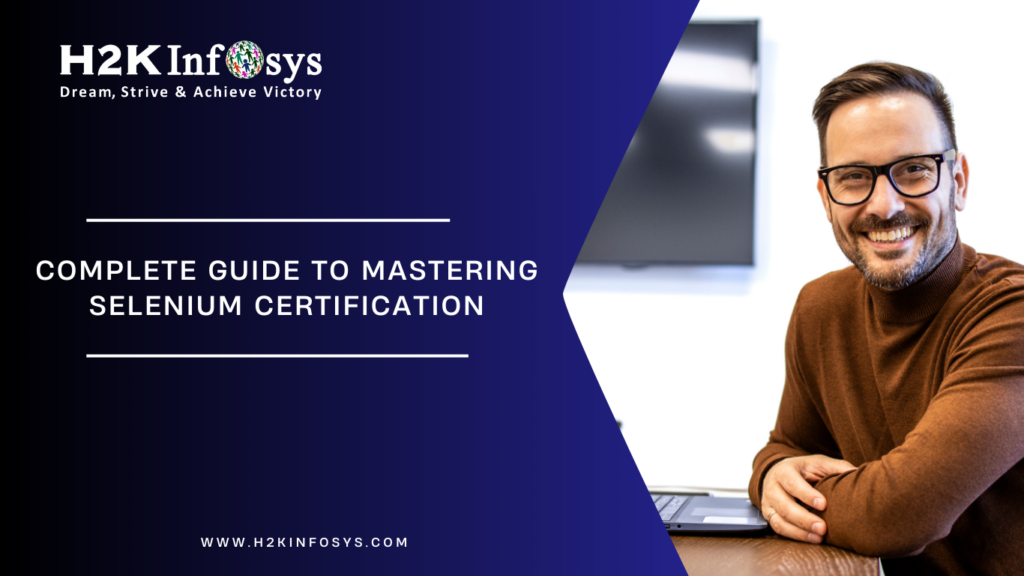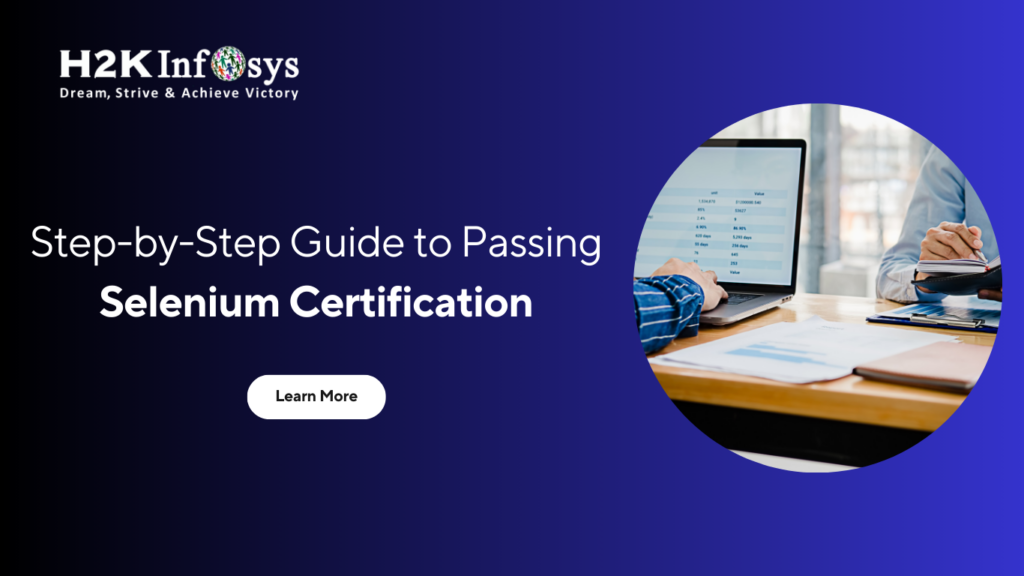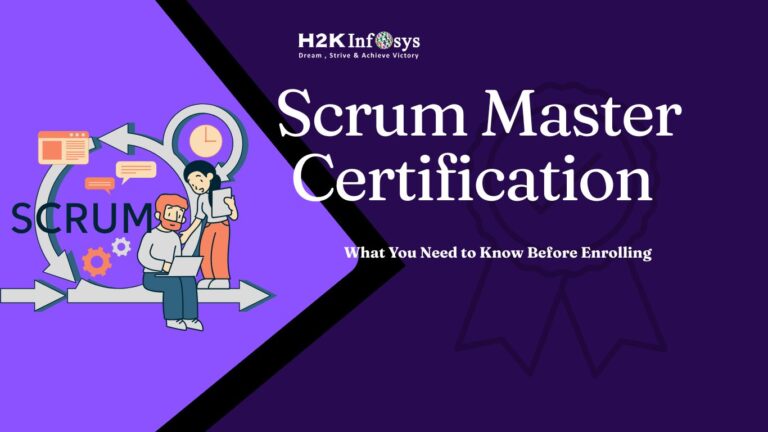In today’s rapidly evolving digital landscape, acquiring new skills is crucial for career advancement. Salesforce has become one of the most widely used customer relationship management (CRM) platforms globally, with businesses of all sizes relying on it to manage customer data, improve sales, and deliver personalized services. This makes Salesforce skills highly valuable in the job market, and certifications like the Salesforce Administrator Certification are increasingly in demand.

If you’re considering pursuing a career in Salesforce, one of the most common questions is: How long does it take to learn Salesforce and become certified? The answer to this depends on various factors, including your background, experience, and dedication. In this blog, we’ll break down the journey to Salesforce proficiency, including timelines for training, key factors influencing learning speed, and the steps involved in obtaining certifications like the Salesforce System Administrator Certification.
Understanding Salesforce Certifications
Before diving into the learning timeline, it’s important to understand what Salesforce certification entails. Salesforce offers a range of certifications designed to validate your expertise in different roles, with the most common entry-level certification being the Salesforce Administrator Certification. This certification focuses on the core functionalities of Salesforce, such as configuring the platform, managing users, and creating reports and dashboards.
There are two major certifications often pursued by those starting in Salesforce:
- Salesforce Administrator Certification: This certification is ideal for those who want to understand and manage the platform’s basic functionalities. It’s the foundation for many advanced roles in Salesforce.
- Salesforce System Administrator Certification: This certification is a step up and requires deeper knowledge of platform administration, such as handling more complex configurations, managing large data sets, and integrating third-party apps.
Both certifications are popular starting points, but they require time, effort, and practical experience.
Learning Salesforce: The Timeline
The time it takes to learn Salesforce and achieve certification can vary widely. Let’s break it down into the different learning phases:
1. Understanding the Basics of Salesforce (1-3 Weeks)
For those new to Salesforce, the first phase involves getting familiar with the platform’s interface, basic terminology, and general capabilities. This is usually the shortest phase, taking about 1 to 3 weeks of study and hands-on practice, depending on your familiarity with CRM systems.
During this phase, you’ll focus on:
- Navigating the Salesforce platform
- Understanding the core objects (leads, accounts, contacts, opportunities)
- Learning how data flows within Salesforce
- Customizing reports and dashboards
Those with prior CRM experience or general business process knowledge may be able to grasp these concepts more quickly, while beginners may need a bit more time.
2. Salesforce Administrator Certification Training (4-6 Weeks)
Once you’ve grasped the basics, you’ll move on to more structured learning geared toward passing the Salesforce Administrator Certification. This phase typically lasts around 4 to 6 weeks, assuming you dedicate a few hours per day to study and practice.
Some of the key areas you’ll cover include:
- Salesforce security and access management
- Standard and custom objects
- Data management, validation, and backup processes
- Automation tools such as workflows, process builders, and approval processes
- Reporting and dashboard customizations
- User management and permission sets
During this period, you will also take practice exams and engage in hands-on projects that simulate real-world scenarios to reinforce what you’ve learned.
3. Advanced Learning for Salesforce System Administrator Certification (6-10 Weeks)
If you aim to pursue the Salesforce System Administrator Certification, the next phase of your learning journey will dive deeper into more advanced functionalities. This phase can take anywhere from 6 to 10 weeks, depending on your pace and the complexity of the tasks you’re working on.
Topics covered in this stage include:
- Advanced user management and roles
- Data modeling and management strategies
- Integration of Salesforce with other systems
- Advanced automation with Apex (if applicable) and more complex workflows
- Managing data at scale (import/export, validation, and cleansing)
- Custom application development and AppExchange management
Again, practice is key. Spending time working through real-life scenarios and integrating Salesforce into sample business operations will help cement your understanding of the platform.
4. Hands-On Practice and Real-World Application (Ongoing)
While you can gain basic knowledge and pass your certifications in a few months, true mastery of Salesforce comes from ongoing practice and application in real-world scenarios. Many professionals continue learning Salesforce throughout their careers by managing more complex projects, learning additional Salesforce modules, and staying updated with the platform’s regular updates.
Continued learning might involve:
- Working with real businesses and integrating Salesforce solutions
- Customizing Salesforce solutions to fit industry-specific needs
- Learning more about advanced Salesforce clouds such as Sales Cloud, Service Cloud, and Marketing Cloud
This phase can be ongoing, as Salesforce continually evolves with new updates and additional features. Staying current with new features and releases is critical to maintaining your skills.
Factors Influencing the Learning Timeline
Several factors can impact how long it takes to learn Salesforce and obtain your certification:
- Previous Experience: If you have prior experience in CRM systems or cloud-based platforms, you may be able to learn Salesforce faster than someone starting from scratch.
- Study Commitment: Dedicating a few hours per day to Salesforce training can accelerate your learning process, whereas sporadic study may delay certification.
- Learning Resources: Having access to high-quality Salesforce Administrator Certification Training programs, practice exams, and hands-on projects can make the learning process more efficient.
- Self-Study vs. Instructor-Led Training: Some learners prefer a structured, instructor-led approach, which can streamline the learning process and provide clear goals. Others may thrive with self-paced study but may take longer to navigate through all the material.
- Hands-On Practice: The more hands-on practice you can get, the faster you’ll master Salesforce. This includes using developer environments, taking on real-world case studies, and solving practical problems.
- Certifications Sought: The time it takes to learn Salesforce depends on how many certifications you plan to pursue. While you can get the Salesforce Administrator Certification in a matter of months, advanced certifications like the Salesforce System Administrator Certification or specialized tracks (e.g., Sales Cloud Consultant, Service Cloud Consultant) can extend the timeline.
Strategies to Speed Up Your Salesforce Learning
Learning Salesforce efficiently and preparing for certification requires a structured approach. Whether you’re aiming to become a Salesforce Administrator, Developer, or Consultant, using the right strategies can help you grasp concepts quickly, apply them effectively, and pass your certification exam with confidence.
Here are some proven techniques to accelerate your Salesforce learning journey:
1. Set Clear Goals and a Learning Roadmap
Having a well-defined goal ensures that you stay focused and make steady progress. Instead of randomly studying different Salesforce topics, create a structured learning plan with specific milestones.
✅ Example Goal: “Pass the Salesforce Administrator Certification exam within 3 months.”
Steps to Set and Achieve Learning Goals:
- Break down your study plan into weekly or monthly objectives.
- Allocate time for reading documentation, hands-on practice, and revision.
- Track your progress to stay accountable and adjust your plan as needed.
A clear roadmap helps you prioritize essential topics and avoid distractions, keeping your learning journey efficient and goal-oriented.
2. Leverage Study Groups and Salesforce Communities
Salesforce has a large and active global community where learners and professionals share insights, experiences, and resources. Engaging with these communities can speed up your learning process by providing:
✔ Quick answers to doubts from experienced professionals.
✔ Tips and tricks on exam preparation and real-world usage.
✔ Motivation and accountability by learning with peers.
Where to Connect with the Salesforce Community:
🔹 Salesforce Trailblazer Community – Ask questions, join discussions, and network with professionals.
🔹 Reddit & LinkedIn Groups – Participate in Q&A discussions and industry insights.
🔹 Discord & Slack Groups – Engage in live discussions with Salesforce learners.
Additionally, joining study groups allows you to collaborate on problem-solving, share resources, and reinforce key concepts through discussion.
3. Take Regular Practice Exams to Assess Your Knowledge
One of the best ways to track your progress and build confidence is by taking regular practice exams. Salesforce certifications often include scenario-based questions, and practicing them helps:
🔹 Familiarize yourself with the exam format and question styles.
🔹 Identify your weak areas and focus on improving them.
🔹 Improve time management and ensure you can complete the exam efficiently.
Where to Find Practice Tests:
✔ Salesforce Trailhead Quizzes & Superbadges – Interactive tests to reinforce learning.
✔ Udemy & Exam Dumps (Ethical Sources Only) – Mock exams for hands-on practice.
✔ Focus on Force (Highly Recommended) – Detailed study guides and practice questions.
Taking multiple practice tests before the actual exam can significantly boost your chances of passing on your first attempt.
4. Apply Learning to Real-World Scenarios
Understanding Salesforce concepts theoretically is not enough—you need to know how to apply them in real-world business contexts. Practical experience will help you:
✔ Develop a problem-solving mindset.
✔ Understand how different Salesforce features interact.
✔ Gain confidence in using Salesforce for actual business needs.
Ways to Gain Hands-On Experience:
✅ Use Salesforce Trailhead Playgrounds – Practice concepts with real-time simulations.
✅ Volunteer for Nonprofits – Many nonprofits use Salesforce and need volunteers for simple configurations.
✅ Freelance or Work on Demo Projects – Apply your skills to real or simulated use cases.
By working on actual business problems, you’ll gain a deeper, more intuitive understanding of Salesforce, which will accelerate your learning and make you job-ready faster.
Salesforce Certification: Your Career Path
Achieving your Salesforce Administrator Certification or Salesforce System Administrator Certification is just the beginning. Salesforce offers numerous pathways to advance your career, including certifications for developers, consultants, and architects.
Post-Certification Career Opportunities
With a Salesforce certification, you can explore a variety of roles, including:
- Salesforce Administrator
- Salesforce Business Analyst
- Salesforce Developer
- Salesforce Consultant
- Salesforce System Administrator
Each role offers unique opportunities for career growth, with senior-level roles often commanding higher salaries and more strategic responsibilities. The versatility of Salesforce certifications also makes it easier to move into specialized fields like marketing, sales, or customer service.

Conclusion
So, how long does it take to learn Salesforce? On average, you can achieve a Salesforce Administrator Certification in as little as 2 to 3 months with focused study and practice. If you aim to become a Salesforce System Administrator, it may take an additional 2 to 3 months of advanced learning.
However, the learning doesn’t stop with certification. Salesforce is a dynamic platform with continuous updates, so it’s essential to commit to lifelong learning to stay ahead in your career.
By following a structured learning path, dedicating time to hands-on practice, and continually advancing your skills, you can set yourself up for a successful and rewarding career in Salesforce.





























